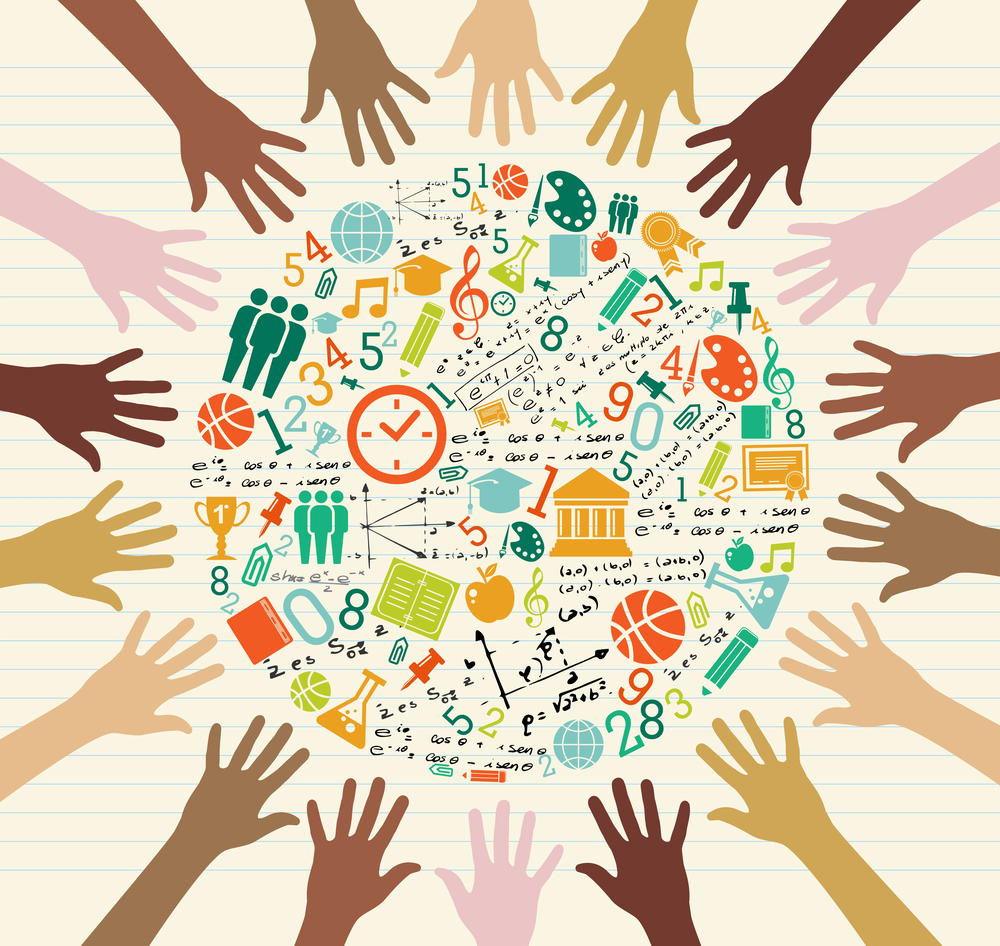- Posted on : August 10, 2016
- Posted by : Tom Fletcher
75m young people are not in school, most of them girls. A population larger than Britain's are being denied a fair start. But an age of migration is coinciding with an age of austerity, and the wall builders and extremisms that always follow global financial downturns. The systems we have designed to respond can no longer cope.
So let's imagine a new approach. This is not about money, but about a new, collaborative way of acting, and using the superpowers that technology now give us as individuals. A way of engaging business that is about corporate social results, not just corporate social responsibility. And a way of making the global education effort more citizen-driven.
Our research shows that the main obstacles to global education are lack of school buildings, textbooks, wifi connectivity, teachers, school transport, and the logistics to get education to communities on the move. Finance alone can't deal with these challenges, especially when governments don't deliver on their pledges (link to last blog).
So what if engineering companies offered to provide the school buildings, working with struggling governments? What if education providers agreed to supply the essential schoolbooks? Social media giants could work with local telephone providers to set up high speed internet connectivity, allowing pupils to access digital content on phones, iPads and tablets. Teacher organisations could mobilize volunteers to supplement teachers, on the ground and online. Universities could identify positions for displaced students and faculty at US and European universities. Transport companies could come forward with an uber-plan to provide free transport for pupils and teachers. The smartest innovators could lend their time to crack the problems that governments can't. Logistics companies and couriers could mobilise to ensure that key materials and cash transfers reach pupils fast. Consultancy companies could offer pro bono staff time to help coordinate the overall effort, and to monitor and evaluate the impact. Other companies could come together to fund a top level team of coordinators to support the UN and host government.
Even where we can't get kids to school, we would get school to kids. The next Einstein, Marie Curie, Mandela or Gates makes the scientific, medical, political or technological breakthrough that changes our lives. Others go on to become teachers, doctors, entrepreneurs. Only the people traffickers and terrorist recruiters miss out.
We think we can build this model - a crisis response that is genuinely collaborative, innovative and effective. A way of marshaling business, individuals, NGOs, the UN and governments in meaningful partnerships. Matchmaking humanitarians: Tinder for global education. Businesses are telling us they are up for it, and desperate for a more coherent, results-driven effort. The key is that anyone and everyone can help.
We want to get this model started, fast, and deploy it in crises from Syria to Chad to Pakistan. Please join us: http://gbc-education.org/emergency-database/.

